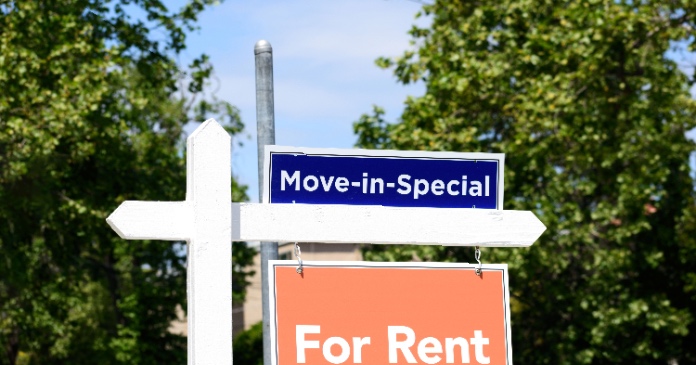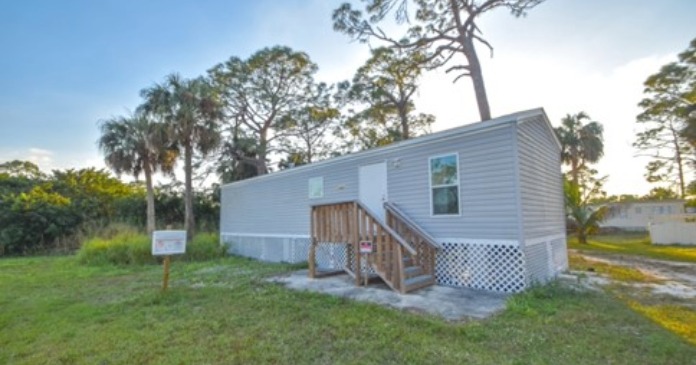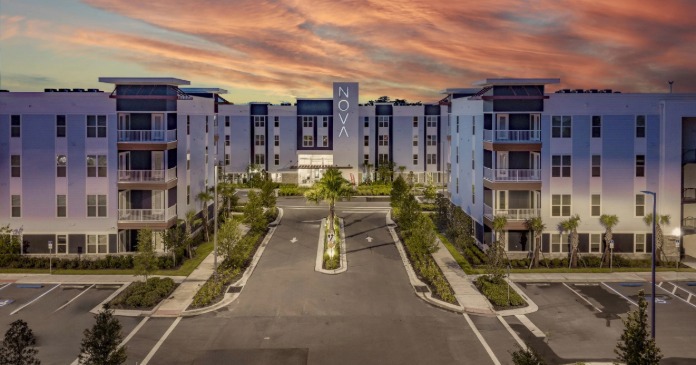The multifamily housing industry is witnessing a fundamental shift in how prospective renters discover, evaluate, and choose their living spaces. The 2025 Biennial Online Renter Study by SatisFacts reveals a marketplace where traditional marketing approaches are losing ground to peer-driven validation, fundamentally altering how property management companies must approach resident acquisition and retention.
Trust the community, not the company
Perhaps the most striking finding from the study is the dramatic erosion of trust in company-controlled information sources. Community websites have experienced a precipitous 26.8-point decline in usage since 2011, dropping from 78.5 percent to just 51.7 percent in 2025. This signals a fundamental change in how renters approach their housing search. Rather than accepting curated corporate messaging, today’s renters actively seek unfiltered perspectives from their peers.
The prospective tenant depicted by the data is a sophisticated consumer of information who has learned to use digital resources to gather the information they need. A substantial share of apartment hunters, 71.9 percent, now actively filter for negative reviews when researching potential communities, indicating they’re not seeking reassurance but rather understanding of potential challenges. This behavior demonstrates that renters have evolved beyond passive information consumption to become active investigators who use multiple sources to determine the truth about a property.
Reviews and responses must be authentic
The study characterizes a renter population that has developed highly tuned detection capabilities for inauthentic content. With 62.6 percent expressing confidence in recognizing fake reviews and an even higher 76.9 percent who say they are able to identify automated responses, property managers cannot rely on manufactured positive sentiment. The digital sophistication of the renter pool creates both challenges and opportunities for the apartment industry.
While renters have become more skeptical of overly positive content—with only 38 percent trusting sites where all reviews are positive—they have also raised their minimum standards for considering a property as a potential home. The average star rating threshold for communities has increased from 3.82 (on a 5 point scale) in 2023 to 4.11 in 2025, creating a narrower window for properties to be considered.
The study reveals significant untapped potential in resident advocacy, with 72.7 percent of renters willing to post positive comments if asked by their community. However, only 30 percent report actually being requested to do so, highlighting a substantial missed opportunity for proactive reputation enhancement.
Brand perception largely works one way
A revealing finding concerns brand reputation impact on renter decisions. Positive brand recognition has historically shown only a limited influence on attracting residents. However, the 2025 study introduces a new concern, that 35.4 percent of renters have actively avoided communities due to negative perceptions of the management company’s brand. This asymmetry suggests that maintaining a positive brand in multifamily housing may not be a sufficient condition for attracting residents, but it is a necessary one.
Regional variations in the importance of brand reputation are evident in the data, with particularly pronounced brand sensitivity in the Mountain region (48.8 percent), Pacific region (40.5 percent), and Mid-Atlantic region (38.2 percent). These geographic differences indicate that brand reputation management strategies may need to be a particular focus in these regions.
Transparency required in fees and communications
The study identifies fee transparency as the paramount concern among renters, with 83.3 percent demanding greater openness about mandatory fees beyond the advertised rent. This represents a slight increase from 81.2 percent in 2023, indicating that transparency expectations continue to rise. The emergence of utility billing practices (64.8 percent) and internet service provider agreements (44.1 percent) as new transparency concerns reflects renters’ growing sophistication about assessing the total cost of occupancy.
Interestingly, the importance placed on application process transparency has decreased from 71.5 percent in 2023 to 56.6 percent in 2025, possibly indicating that increased industry transparency efforts in this area have begun to address renter concerns.
Technology evolves from innovation to infrastructure
The technology landscape reveals a maturing market where digital amenities have transitioned from differentiators to baseline expectations. The importance rating for community technology commitment has declined from its 2021 pandemic peak of 4.24 to 3.81 in 2025, suggesting that technology is now viewed as essential infrastructure rather than as an innovative advantage.
The ability to make online rent payments remains overwhelming popular, with 85.2 percent desiring this feature. However, emerging technologies like AI-powered chat support lag significantly at just 15.9 percent. This gap illustrates that renters prioritize functional utility over technological novelty, preferring proven solutions that simplify essential tasks.
The choice versus necessity divide
The study reveals a renter population split between those who rent by choice (45.5 percent) and those who rent by necessity (54.5 percent). This segmentation has profound implications for retention strategies, as renters-by-choice—more prominent among older renters and those in higher-income brackets—demonstrate different motivations and expectations than their renter-by-necessity counterparts.
The sense of community emerges as a critical retention factor, with a gap between its importance (3.80) and current satisfaction levels (3.59). This disparity represents an opportunity for properties to differentiate through authentic community building rather than by piling on more amenities.
Strategic implications for the industry
The 2025 study suggests an evolving industry operating environment, where success increasingly depends on operational excellence rather than marketing sophistication. Properties must prioritize authentic resident experiences that generate genuine positive advocacy while maintaining transparent communication about all aspects of the rental relationship. The data suggests that, in an environment where renters have become sophisticated evaluators of authenticity, sustainable competitive advantage lies in delivering consistently exceptional service that residents willingly advocate for in their own words.
The full 71 page survey results document is available here.












